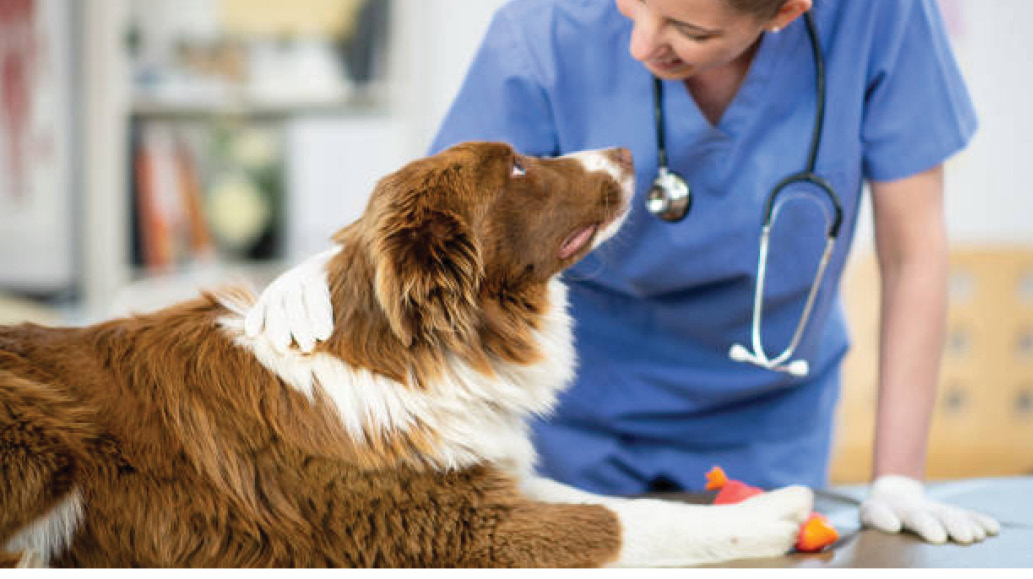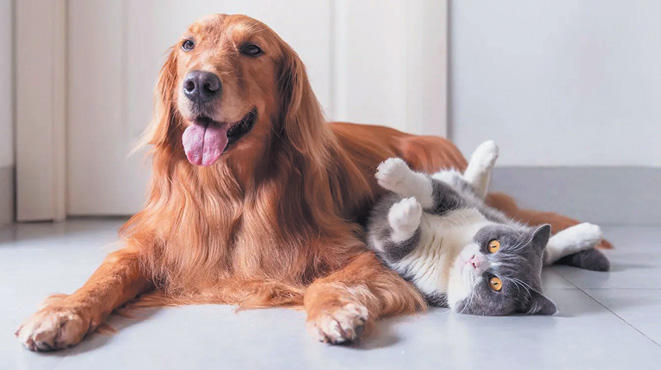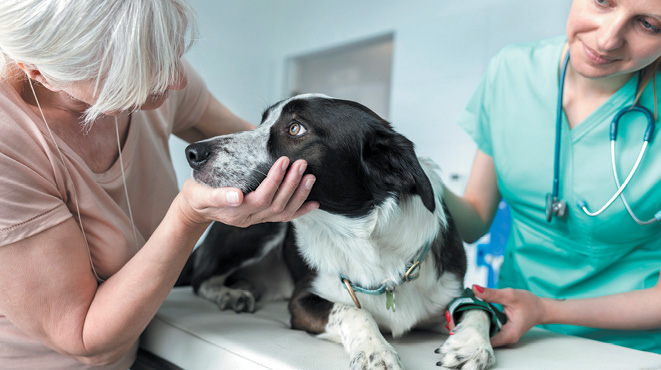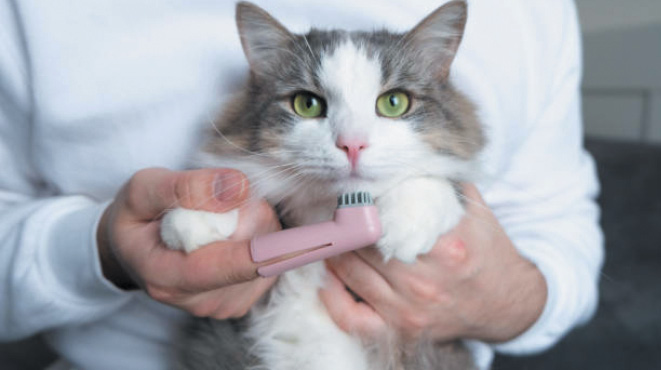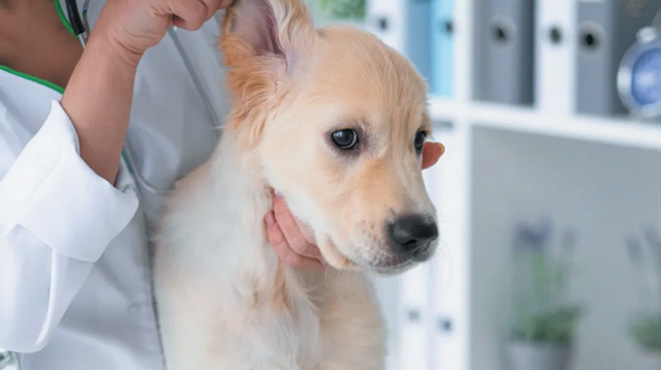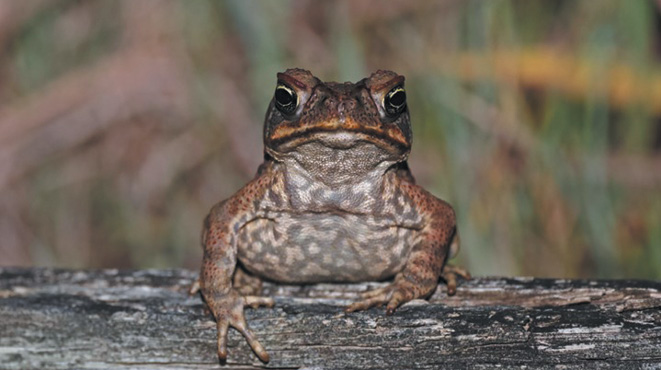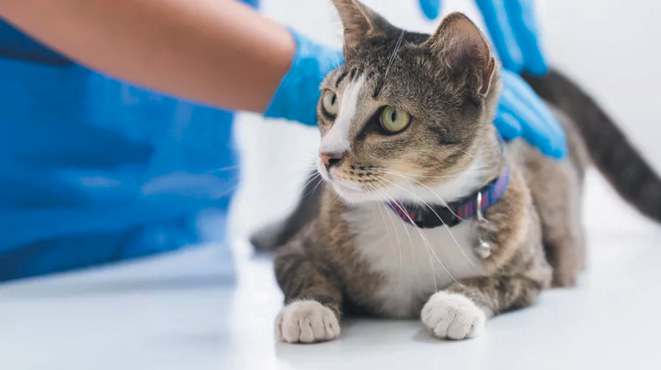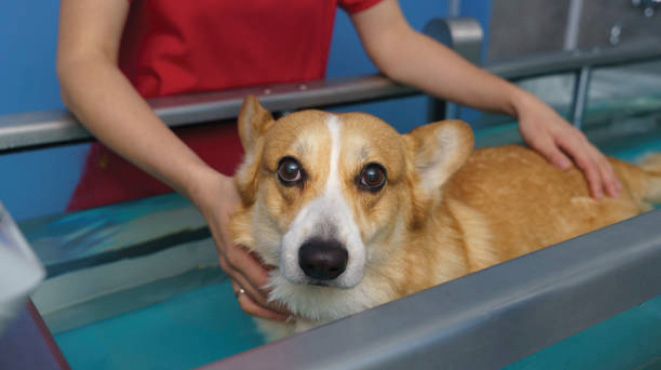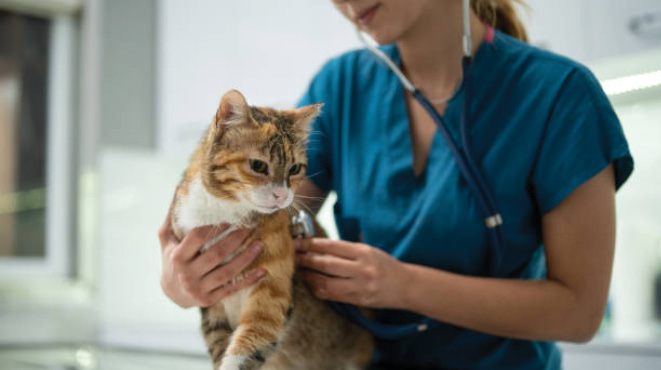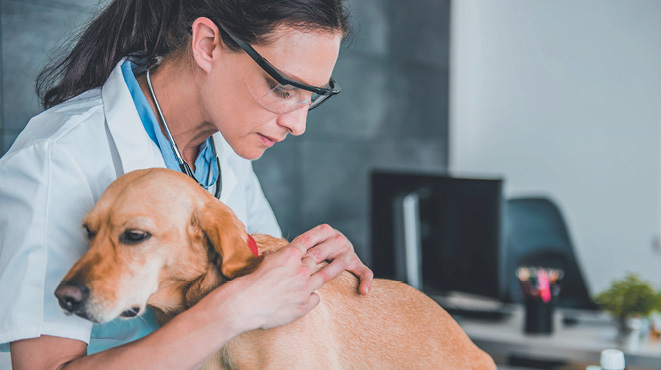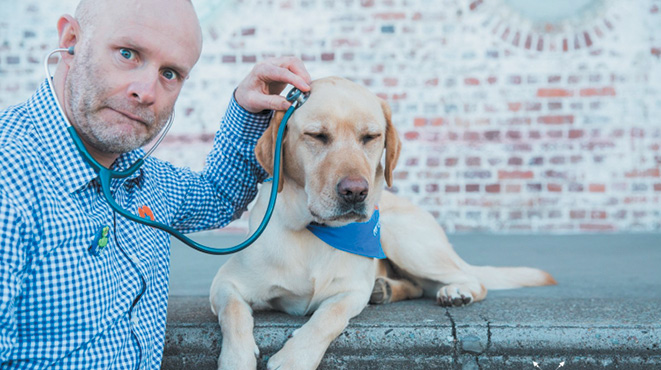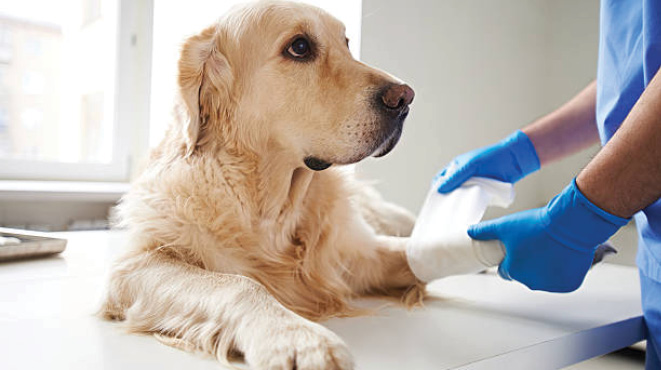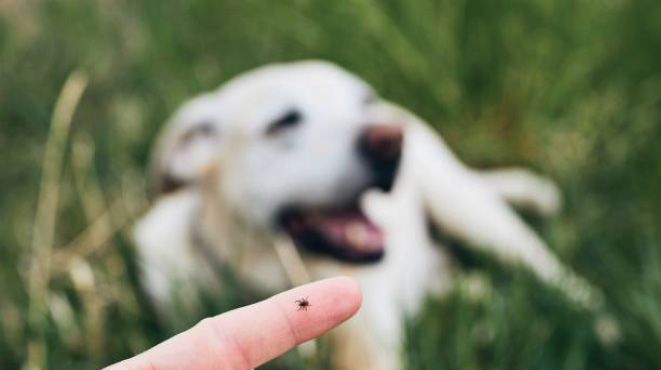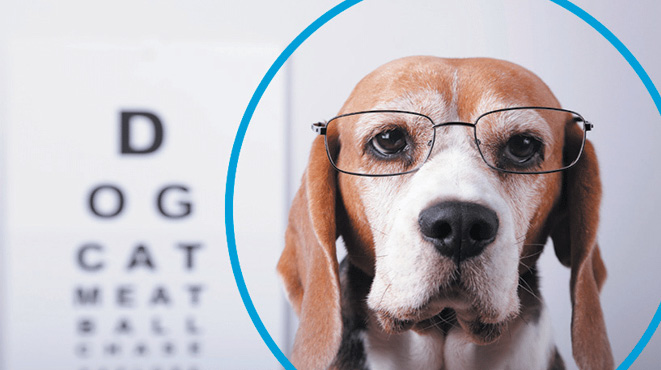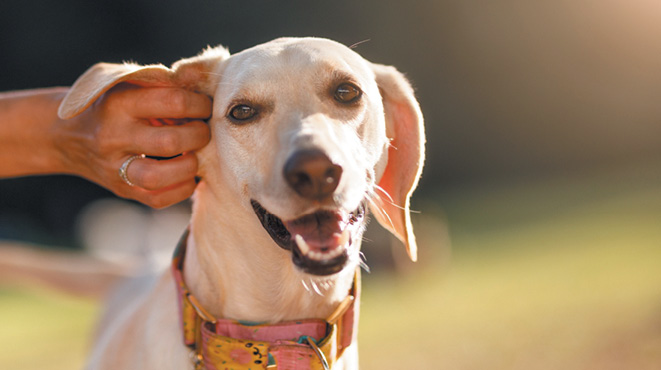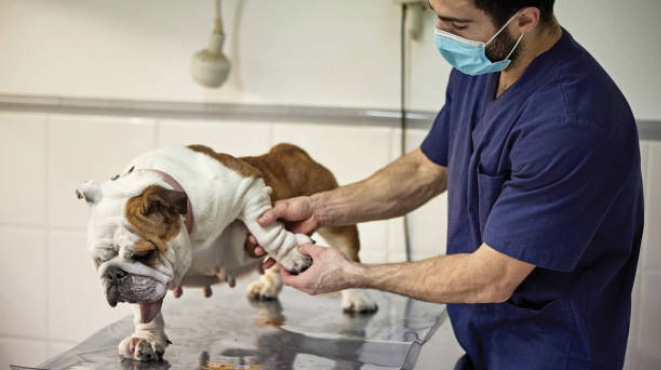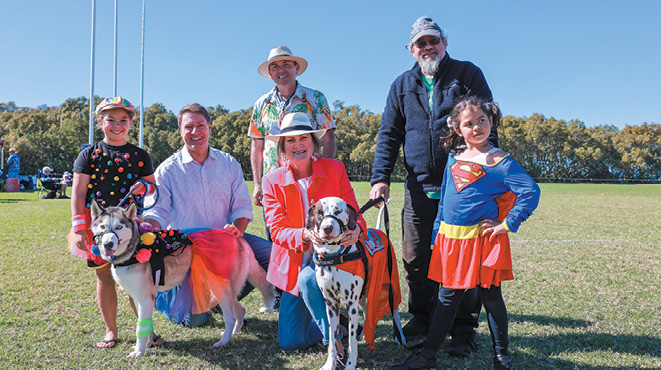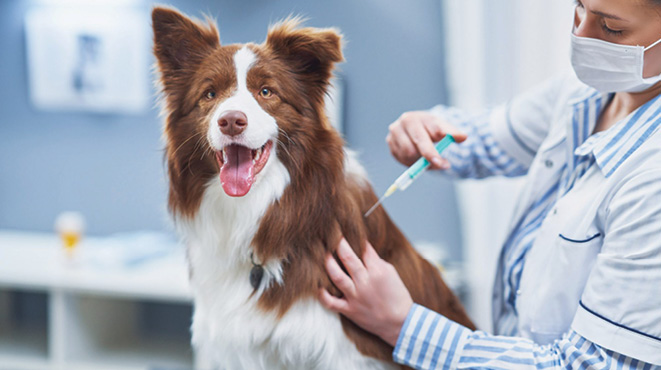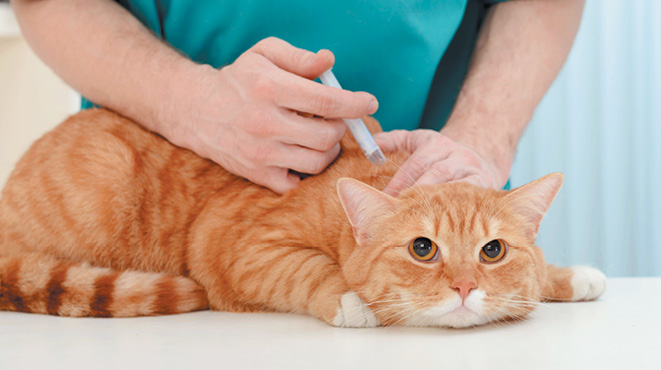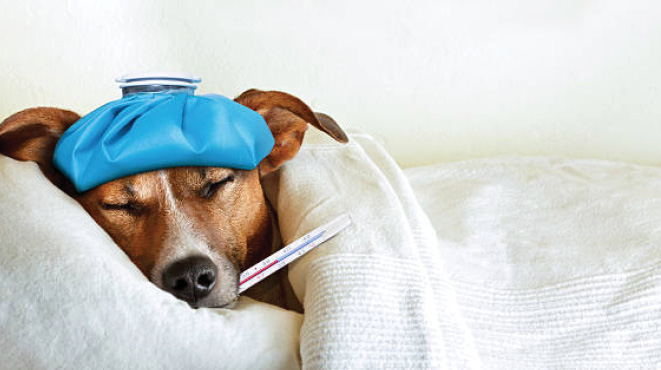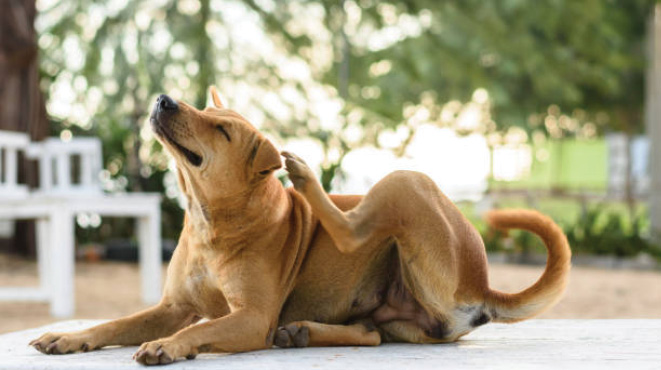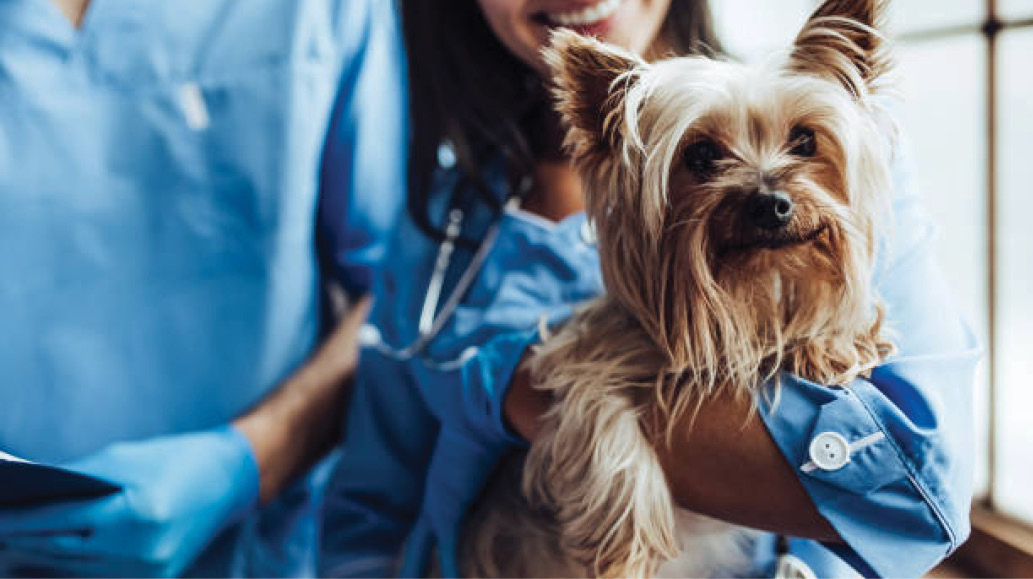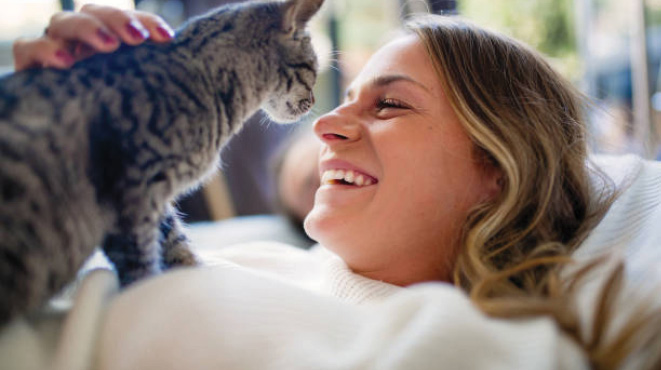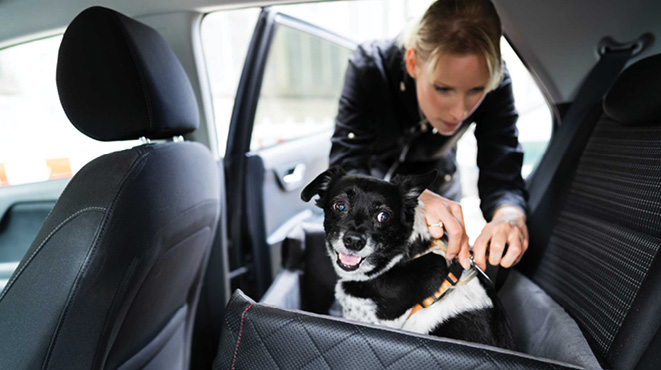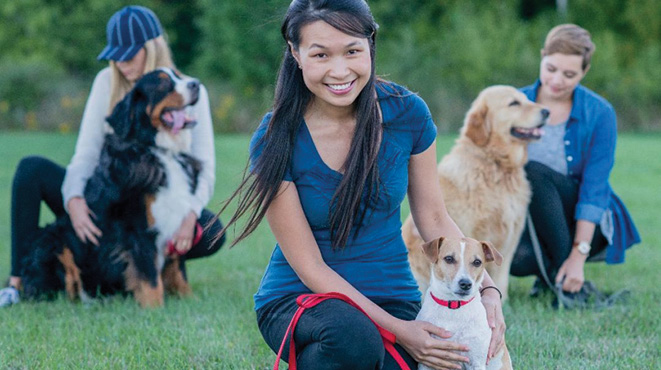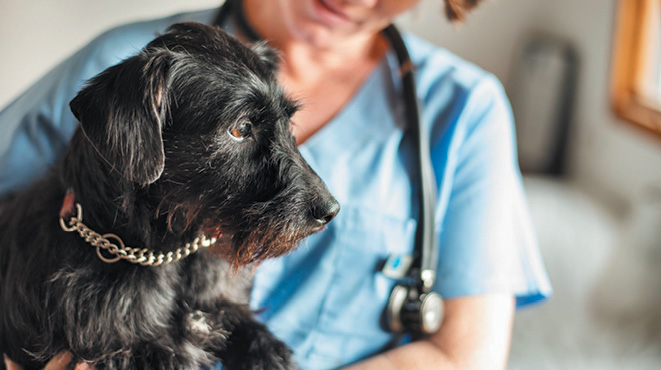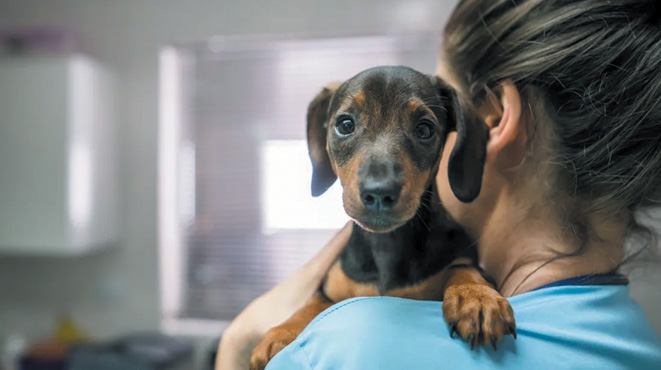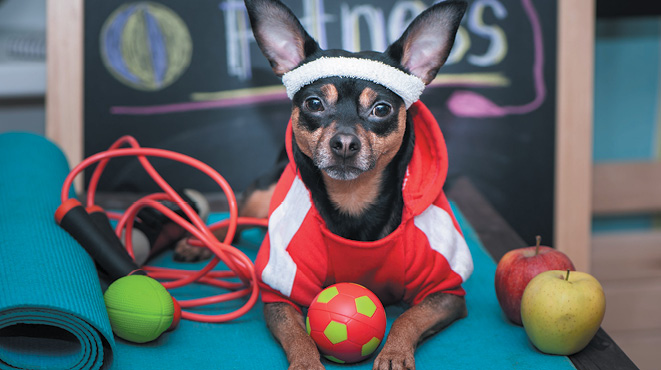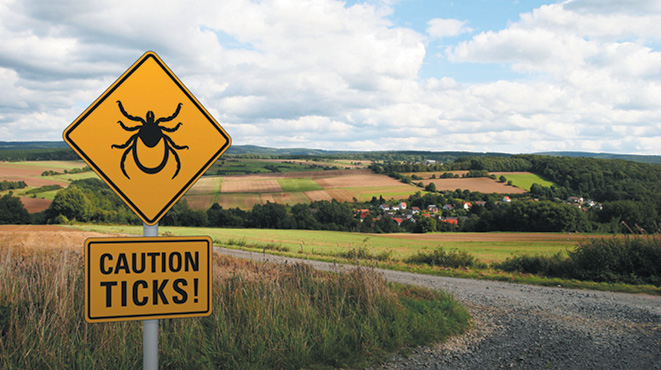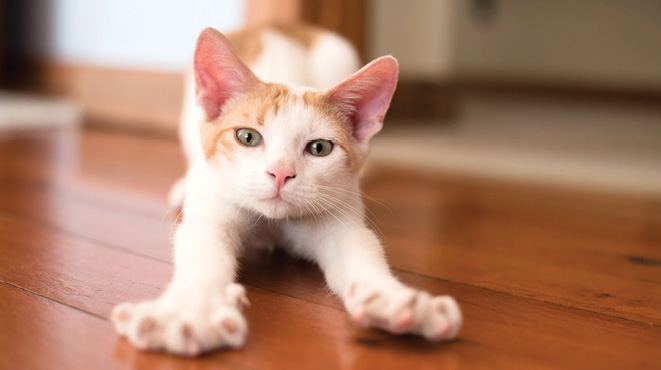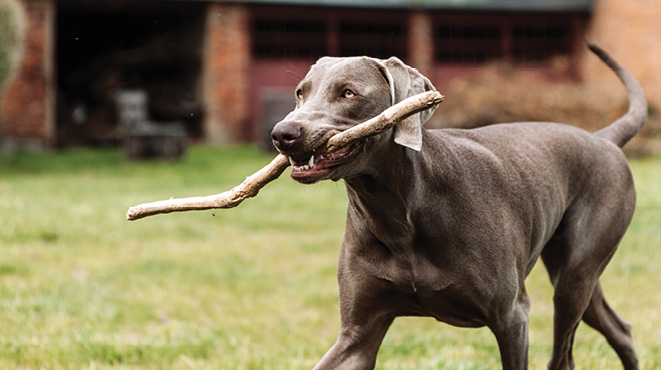BY DR NICKY THOMAS, WYNNUM MANLY VETERINARY HOSPITAL
Kennel cough is a highly contagious respiratory condition in pets which, like human coughs and colds, can be caused by a range of different bacteria and viruses. These bugs are spread through the air and lodge in the airways of dogs causing inflammation of the larynx and trachea.
Causes
There are a variety of bacteria and viruses which can cause kennel cough:
- Bordetella bronchiseptica
- Canine adenovirus
- Canine distemper virus
- Canine herpesvirus
- Canine parainfluenza and
- Canine reovirus
There are a number of conditions which can increase the risk of dogs developing kennel cough. These include:
- Exposure to places where large numbers of dogs congregate including off leash parks and kennels
- Exposure to dust or cigarette smoke
- Travel induced stress
Symptoms
Kennel cough presents as a forceful, persistent cough. There is often a characteristic ‘goose honk’ sound and dogs may appear as though they are trying to cough something up – this may look like attempts to vomit. Persistent coughing may result in a dog bringing up frothy saliva or phlegm material. Some dogs may show sneezing and a runny nose or eye discharge. Appetite and activity levels are often normal.
Treatment
Kennel cough is very contagious – dogs should be kept at home until a week after the clinical signs resolve. Some cases of kennel cough resolve without treatment.
If your dog has a persistent cough or seems unwell it is important that you visit your vet – untreated, complicated kennel cough can develop into pneumonia. Your vet may prescribe antibiotics, anti-inflammatories and cough syrup depending on your dog’s clinical signs.
Prevention
A yearly vaccination, similar to the flu vaccination in people, can help to protect your dog against kennel cough. Vaccinated dogs may still develop kennel cough, but clinical signs tend to be a lot less severe than in unvaccinated animals.


